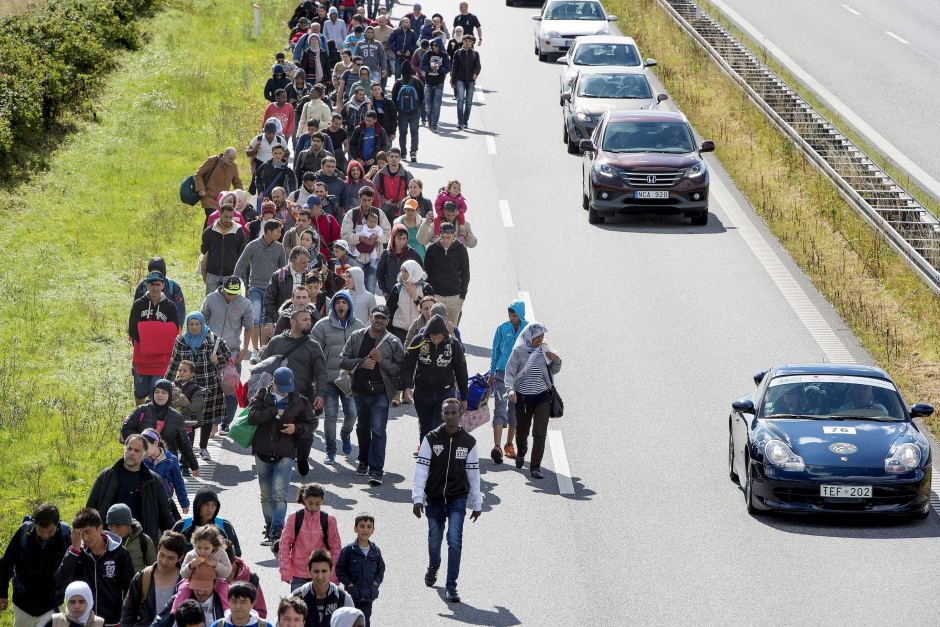Twitter caused quite a buzz when it announced plans to introduce a geolocation policy. Formally known as Geolocation API, the policy has been monikered “geolocated censorship” by its critics, including media rights activist groups like Reporters Without Borders and concerned Twitter users. Conversely, the policy immediately drew approval from governments of countries such as Thailand and Brazil.
Given the importance of social networks in social movements worldwide such as the Arab Spring, the London Riots and the Occupy Movement across North America, it is not surprising that governments are concerned with censorship. It is also not surprising, on the other hand, that activists are worried about the possible infringements that censorship poses on freedom of speech.
How revolutionary is Twitter’s new approach? A look into older existing censorship policies for other popular social networks reveals a startling lack of hard and fast rules.
Facebook, for example, does not have an official policy on censorship. The Statement of Rights and Responsibilities forbids posting content that is “hateful, threatening, or pornographic; incites violence; or contains nudity or graphic or gratuitous violence.” The policy also forbids using Facebook “to do anything unlawful, misleading, malicious.”
Other social networks’ policies follow similar lines. For example, Google + and Tumblr forbid posts containing illegal content. Both rely on a reporting system where users are asked to report content that violates the law. These policies have different implications in different countries because not everything illegal in the country where the website comes from will be illegal in the countries where it is used.
Theoretically, the policies would amount to the same results as Twitter’s new policy, where a government can report a user’s content as illegal. Since some governments like Thailand already cooperate with networks such as Facebook and Google, it seems likely that this sort of thing is already taking place. Having users report any illegal content, however, is a slow and inconsistent way of enforcing censorship, leading some countries to block sites for months at a time, as China has done with Facebook.
Twitter’s policy may lead to a collaboration between governments and the social network to create a tighter and more consistent censorship system. On the other hand, it may also lead to the removal of blanket bans imposed by countries like Syria, where social media sites are completely blocked.
Thus, what may be concerning for activists could work for citizens who are willing to be censored in order to use these social networks. Many questions remain unanswered, including the problem of how a country’s request for censorship will be tracked or verified.
Twitter’s new policy, like the policies of many other social networks regarding censorship, leaves a lot to be determined. The social reality of how this policy affects users’ rights worldwide remains opaque until the company releases more details and comes to agreements with countries about where and how censorship will take place.




